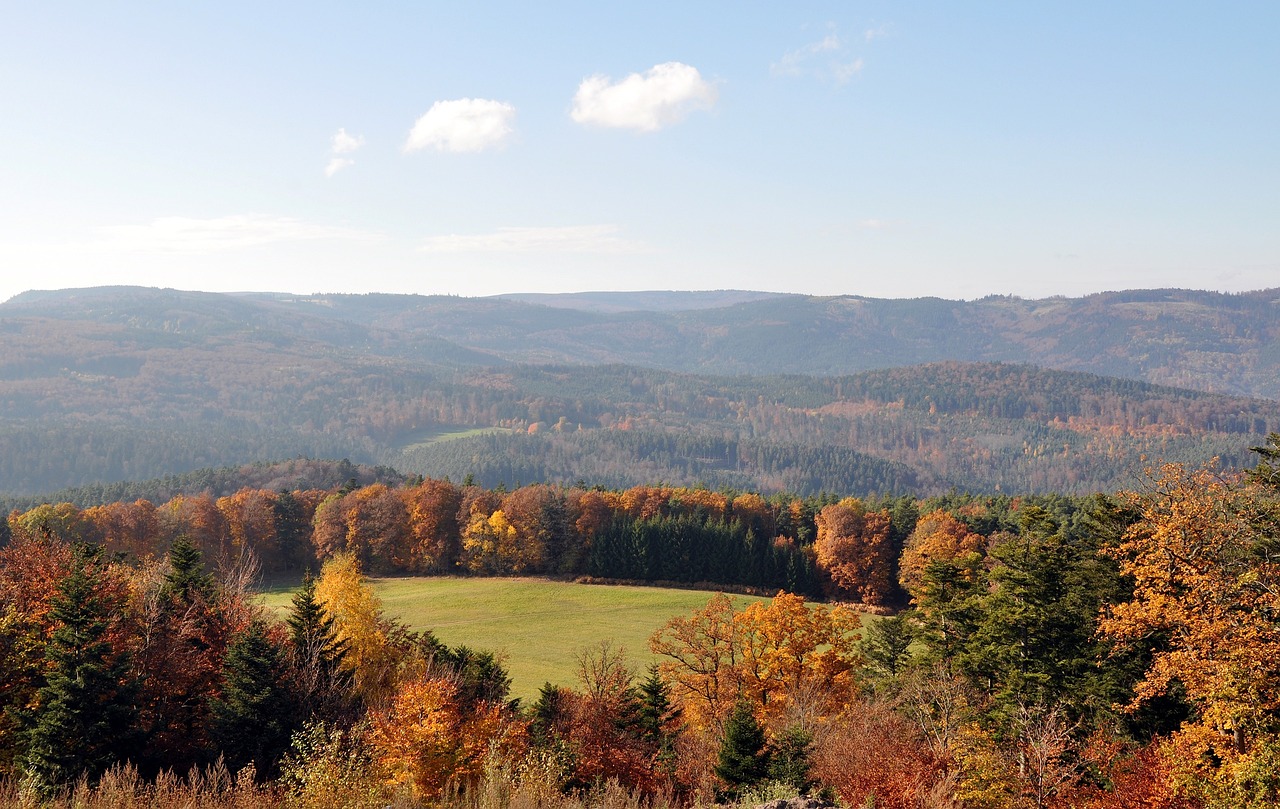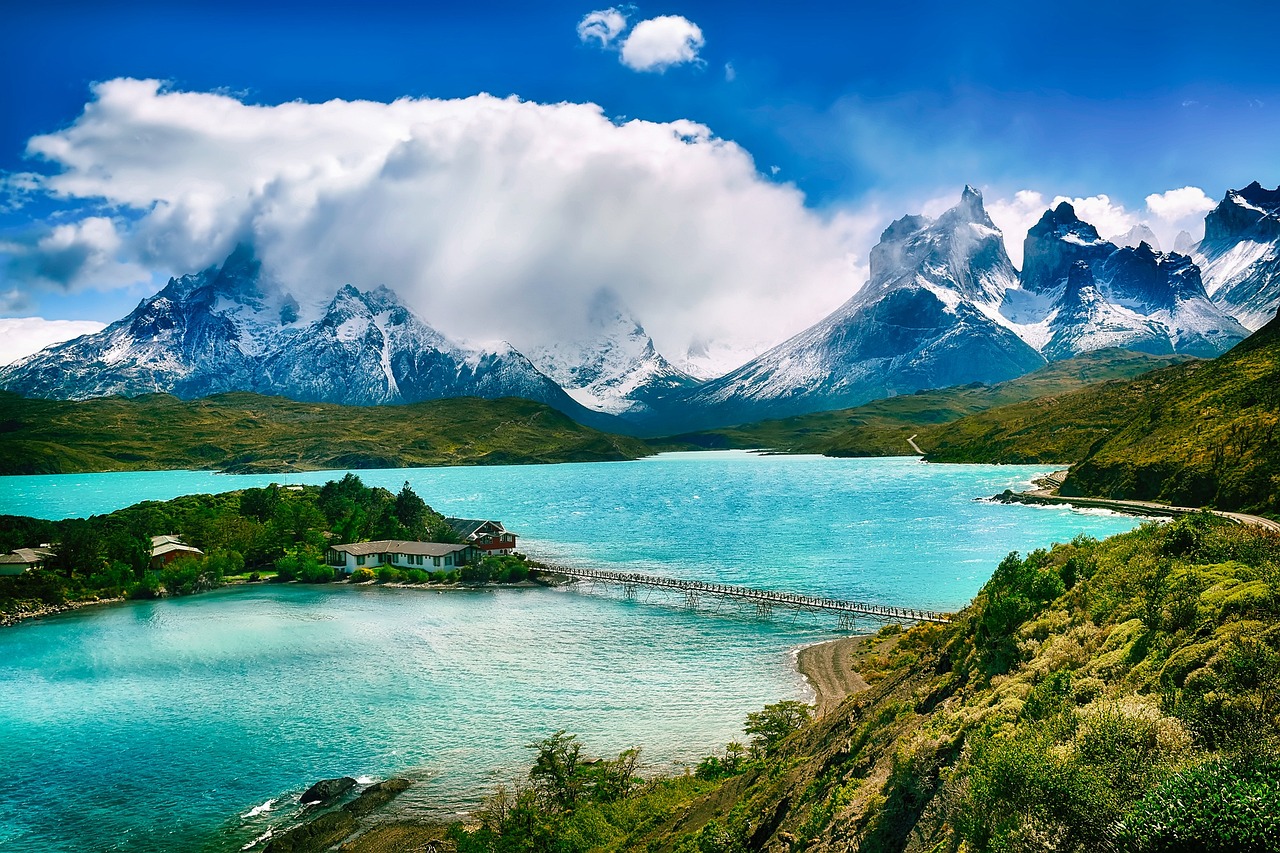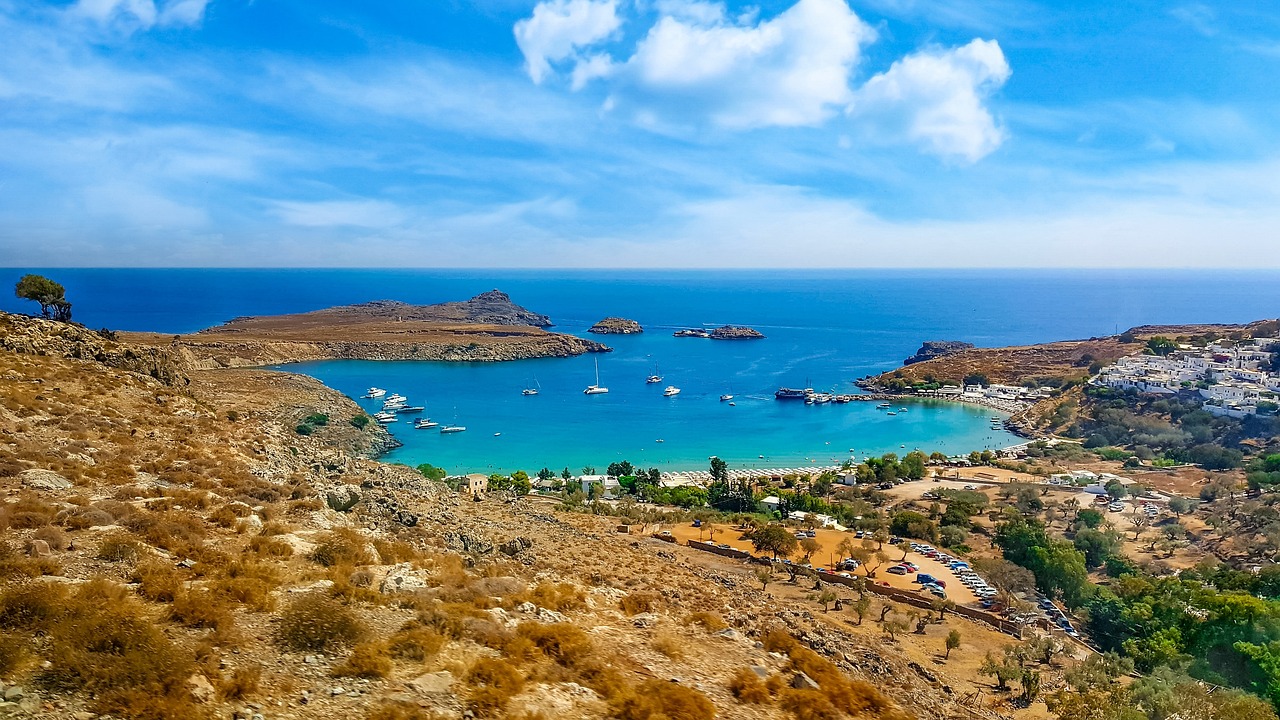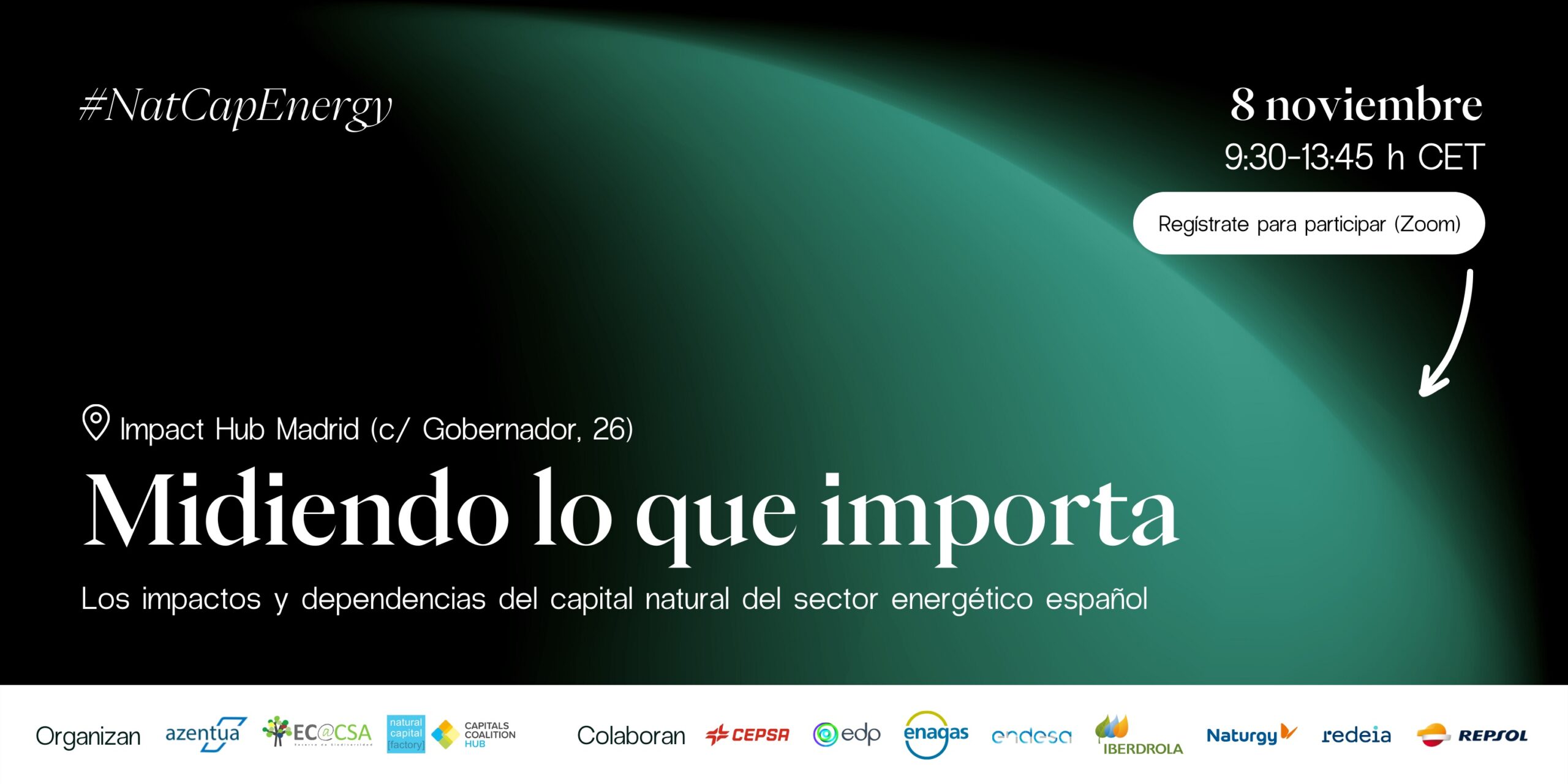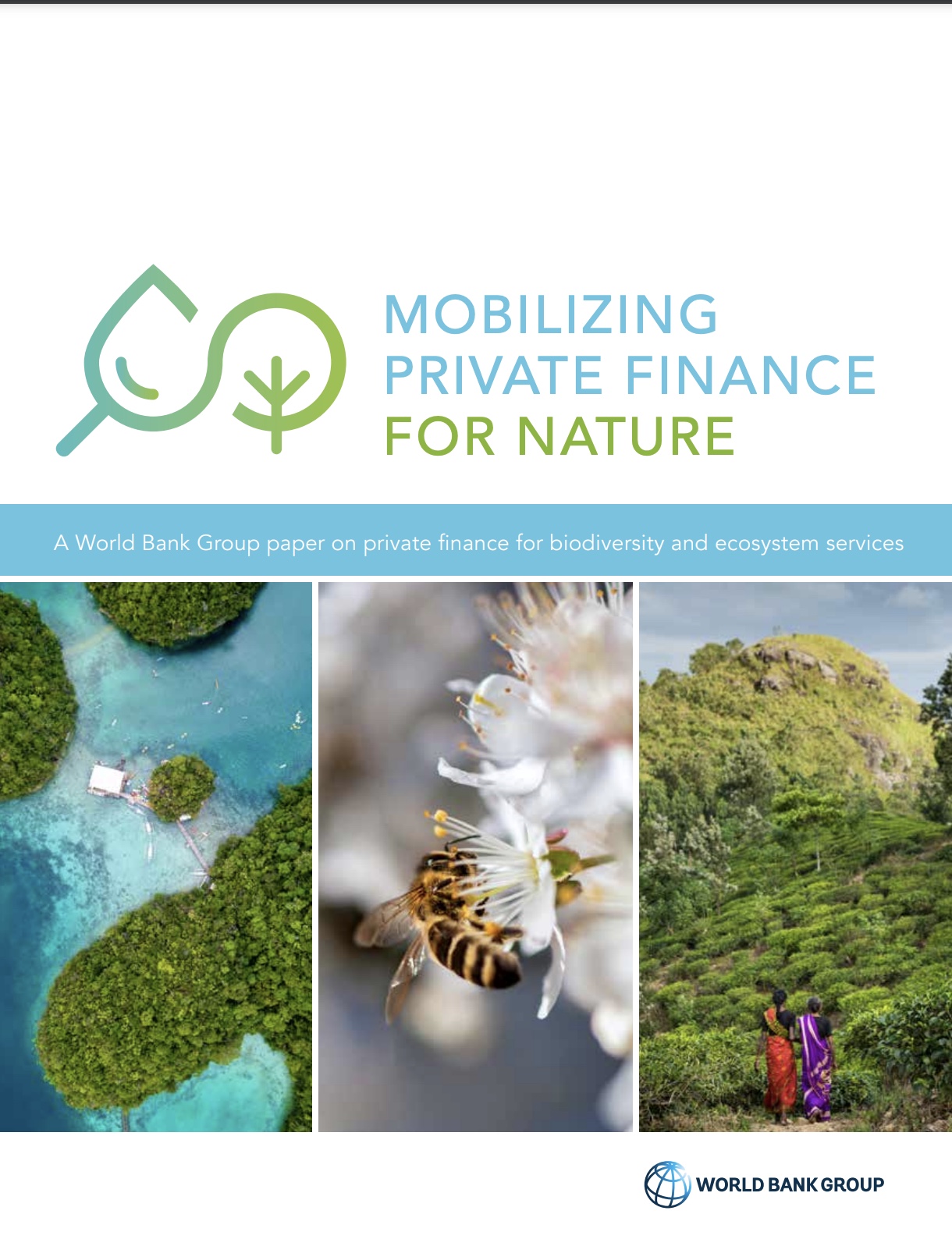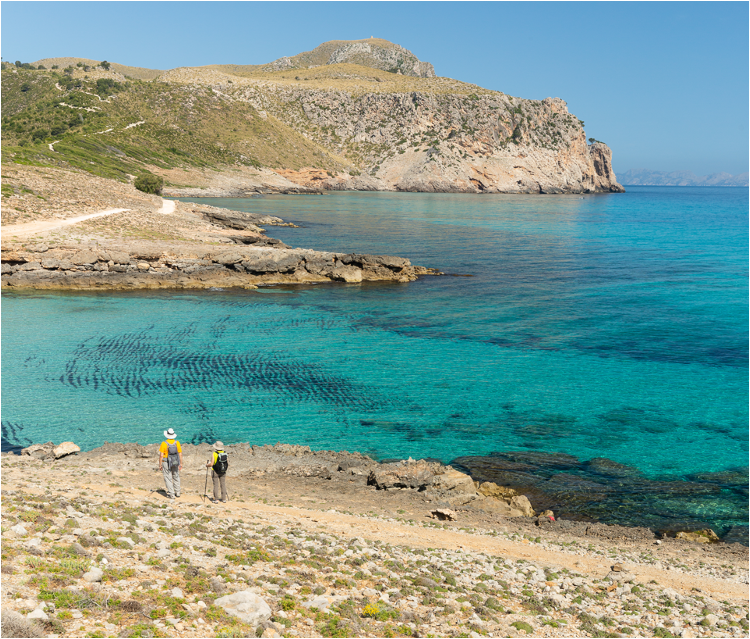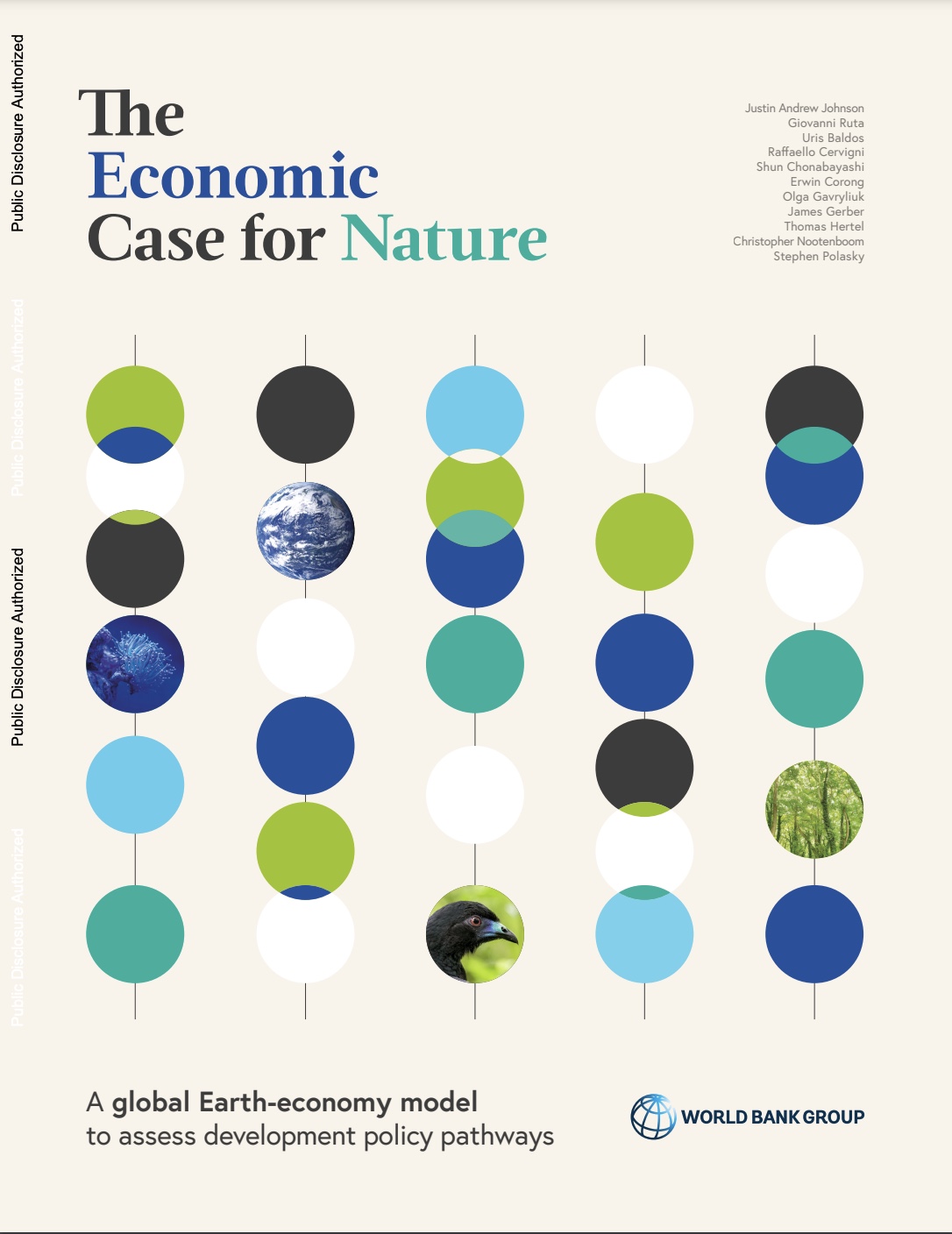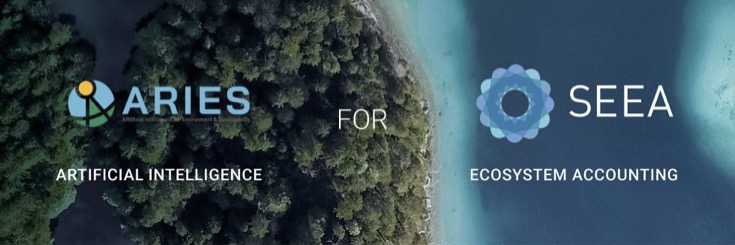20 Mar Quantifying and mapping ecosystem services: Demand and supply of pollination in the European Union
"This paper quantifies both demand and supply of pollination in the European Union (EU) at a relatively high spatial resolution, allowing an analysis of the match between demand and supply. Firstly, a crop area requiring pollination for optimal production (demand) and both bee habitat and...


